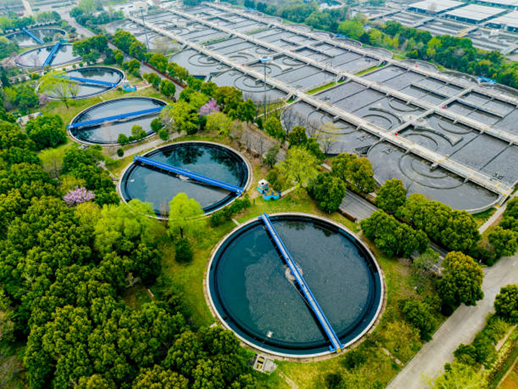Industrial liquidation and residential filtration systems, while seemingly distinct, both play significant roles in shaping our environmental landscape. Their impact can be profound, influencing air and water quality, waste management, and overall sustainability. Understanding these effects is crucial for fostering practices that safeguard our environment.
Here are a few ways Industrial business closure liquidation and filtration plants can impact the environment.
1. Pollution From Industrial Liquidation
When an industrial business closes, the process of liquidation often involves dismantling machinery, clearing out materials, and disposing of hazardous substances. This can lead to significant pollution if not managed properly. Industrial sites may release pollutants into the air, soil, and water, contributing to environmental degradation.
Effective liquidation requires stringent environmental protocols to ensure that harmful substances are contained and disposed of correctly, minimizing the risk of contamination.
2. The Role Of Filtration Systems In Mitigating Contamination
Residential Filtration System can play a pivotal role in mitigating the impact of industrial liquidation on local environments. Advanced air and water filtration systems are designed to remove contaminants that might originate from industrial pollutants.
For instance, water filtration systems can help remove heavy metals, chemicals, and other hazardous substances from the water supply, ensuring that nearby residential areas remain safe and healthy.
3. Enhancing Air Quality Post-Liquidation
Air quality can be severely impacted by industrial activities, especially during the liquidation phase. The dismantling of industrial infrastructure can release particulate matter and volatile organic compounds (VOCs) into the atmosphere.
High-efficiency particulate air (HEPA) filters in residential settings can capture these pollutants, reducing their concentration indoors and improving overall air quality. This is particularly important for communities situated near former industrial sites, where residual air pollution can pose long-term health risks.
4. Sustainable Waste Management Practices
Sustainable waste management is essential during the industrial liquidation process. Effective segregation, recycling, and disposal of industrial waste can significantly reduce the environmental footprint of a closure.
By integrating these practices, companies can ensure that materials are reused or recycled rather than ending up in landfills. This approach not only conserves resources but also minimizes the potential for soil and water contamination, setting a precedent for environmentally responsible behavior.
5. Innovations In Filtration Technology
The challenges posed by industrial liquidations have spurred innovations in filtration technology. Modern filtration systems are now more efficient at capturing a wider range of pollutants, making them indispensable for residential areas affected by industrial activities.
For example, activated carbon filters can absorb harmful chemicals, while advanced membrane technologies can filter out microscopic contaminants. These innovations help maintain clean water and air, protecting the health of residents and the environment.
6. Long-Term Environmental Benefits
The integration of advanced filtration systems in residential areas, especially those near industrial sites, offers long-term environmental benefits. These systems ensure continuous monitoring and purification of air and water, reducing the risk of chronic exposure to pollutants.
Furthermore, as communities become more aware of the environmental impact of industrial activities, there is a greater push for sustainable practices both during and after the liquidation process. This heightened awareness leads to better regulatory frameworks and community initiatives aimed at preserving environmental quality.

